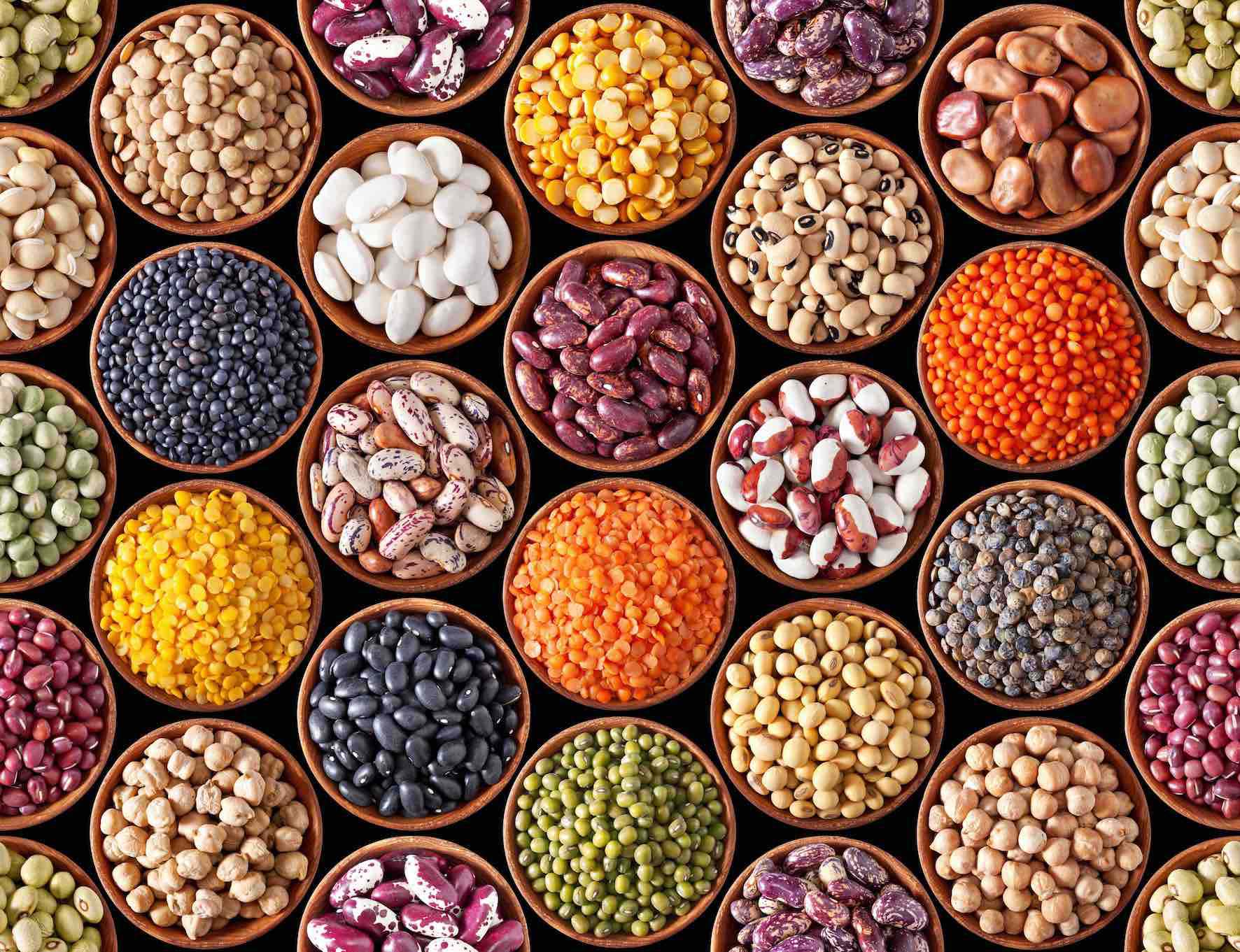
Vegetable protein all year round on your diet
Vegetable proteins and why include them in your diet also on special dates
As Rocío Río de la Loza, Health Coach and expert in nutrition, vegetable proteins are indispensable in our body. All proteins are made from amino acids, which are like the walls that our body requires to generate muscle, repair tissues, produce hormones, etc. Amino acids are 20 and are divided into essential and non-essential because some we can synthesize them in our own body, but others do not, and therefore it is necessary to acquire them through the diet. All are absolutely important and participate in different processes.
The difference is that animal foods such as egg or cow’s milk are usually rich in all essential amino acids and are therefore colloquially said to be a “complete protein.” In foods of plant origin, this rarely happens, with some exceptions like amaranth or quinoa. And that is why in order to “complete” the amino acids that are equivalent to a morsel of meat, you have to eat, for example, peanut butter and whole wheat bread at the same time. It has been identified that some food groups like legumes and whole grains contain certain types of amino acids and by eating them together they “complement” and form a complete protein. This knowledge has been observed in gastronomic and cultural traditions of human groups of the antiquity, as it is the case of Mesoamerica, where the union of the corn with the beans and the squash existed.
Negative effects caused by a lack of plant proteins
It affects the growth and development of the body (this is particularly important in children and pregnant women), slows the repair of tissue (for example, takes a long time to heal wounds), causes hormonal problems, weakens the immune system That you can get sick often), weaken muscles and bones, appear emotional stress, there are cognitive problems, such as difficulty remembering things or concentrating, etc.
Symptoms that you are not eating enough protein include:
– Muscle pain
-Tiredness
– fluid retention (swelling)
– damage to the nails, skin and hair
– “mental haze”
The advantages of vegetable proteins are that they are often part of foods that are also high in fiber, vitamins, minerals and phytochemicals, while foods of animal origin usually do not.
Includes vegetable proteins in the usual diet
The following food groups contain plant proteins that are beneficial to health:
– Whole grains: wheat, oats, rice, amaranth, quinoa, teff, millet, etc.
– Whole grain products: pasta and whole wheat bread, whole corn tortillas, etc.
– Whole grain flours: whole wheat flour, whole oatmeal, polenta, brown rice flour, etc.
– Legumes: chickpeas, lentils, beans, soybeans, peas, beans, etc.
– Seeds: sunflower, chia, linseed, pumpkin seeds, etc.
– Nuts: pecans, pine nuts, almonds, macadamia nuts, etc.
– Creams or vegetable butters: peanut butter, almond cream, etc.
– Homemade vegetable milk: almond milk, rice, etc.
– Germinated: seeds, grains and legumes germinated as the germinated wheat or germinated alfalfa, etc.
– Green leaves: spinach, chard, lettuce, etc.
– Cruciferous vegetables: cabbage, Brussels sprouts, cabbage, broccoli, cauliflower, etc.
Take care to consume and include in your usual diet vegetable proteins and start to notice in your body the multiple benefits that bring us.
Elena Compte


